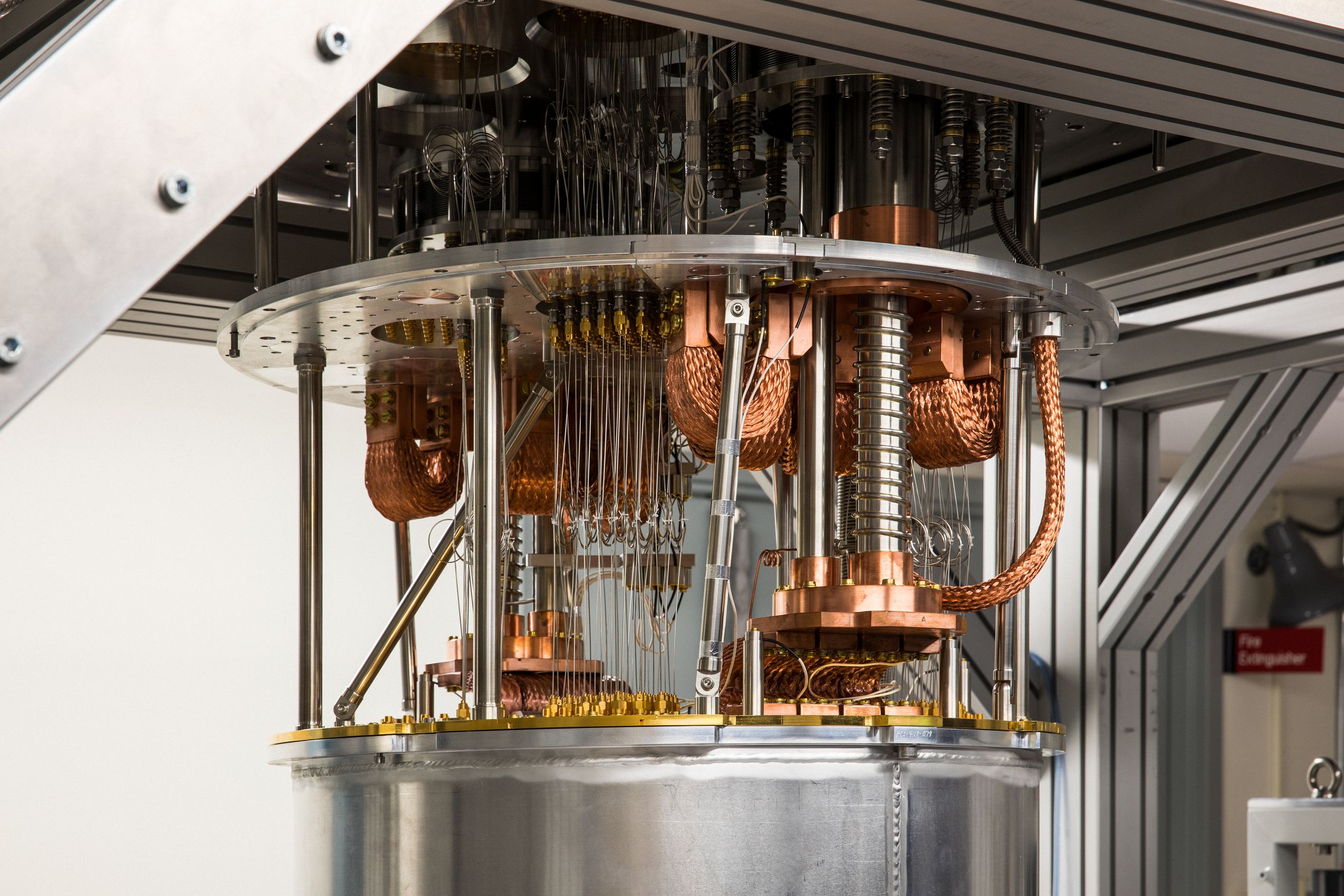
Are Quantum Computers Real? | Pure Storage
If I had 50 coins and tossed them all up in the air and asked you how many states that represents, the answer would be more states than is possible with the largest supercomputer in the world today. Proponents of quantum technology say these machines could usher in rapid advances in fields like drug discovery and materials science - a prospect that dangles the tantalising possibility of creating, for example, lighter, more efficient, electric vehicle batteries or materials that could facilitate effective CO2 capture. Dick, G. The answers to such questions depend on actions taking place on the level of individual atoms—actions determined by the probabilistic vagaries of quantum mechanics. The paper had proposed evidence supporting an alternative method of creating qubits Majorana particles, first proposed approximately nine decades ago by Ettore Majorana, an Italian physicist. Symposium on Foundations of Computer Science. Since chemistry and nanotechnology rely on understanding quantum systems, and such systems are impossible to simulate in an efficient manner classically, many [ who? While these possibilities cannot exactly be ruled out, we must focus on the more realistic applications of quantum computing that may be achieved over the next few decades. However, defining computation in these theories is an open problem due to the problem of time ; that is, within these physical theories there is currently no obvious way to describe what it means for an observer to submit input to a computer at one point in time and then receive output at a later point in time. For instance, integer factorization and the discrete logarithm problem are known to be in BQP and are suspected to be outside of P.